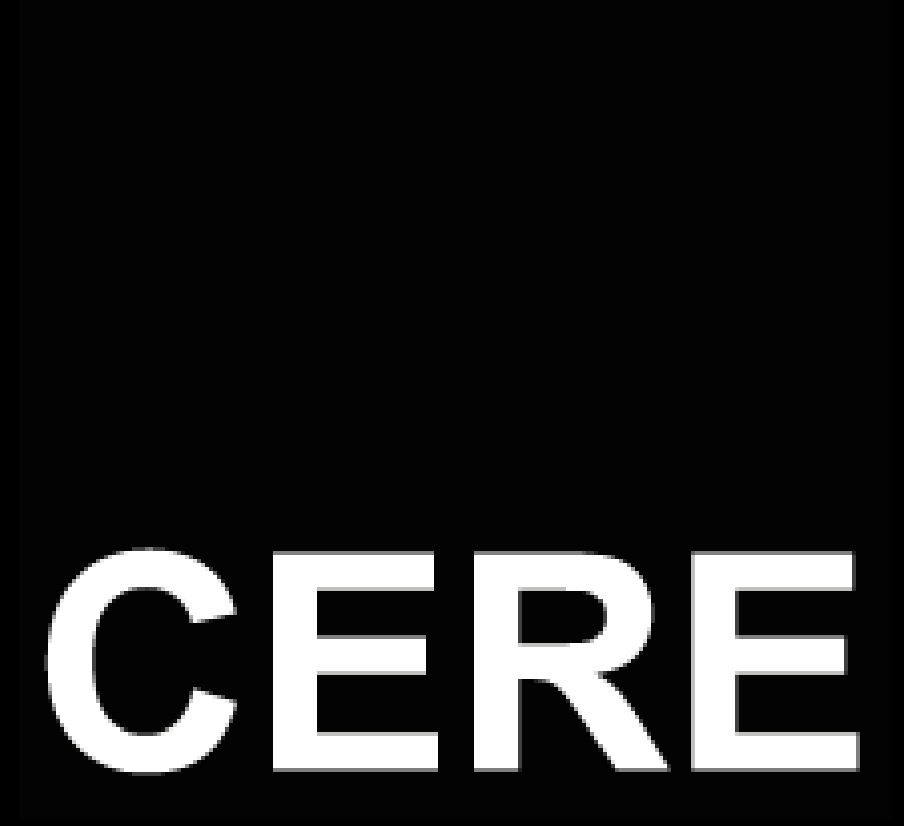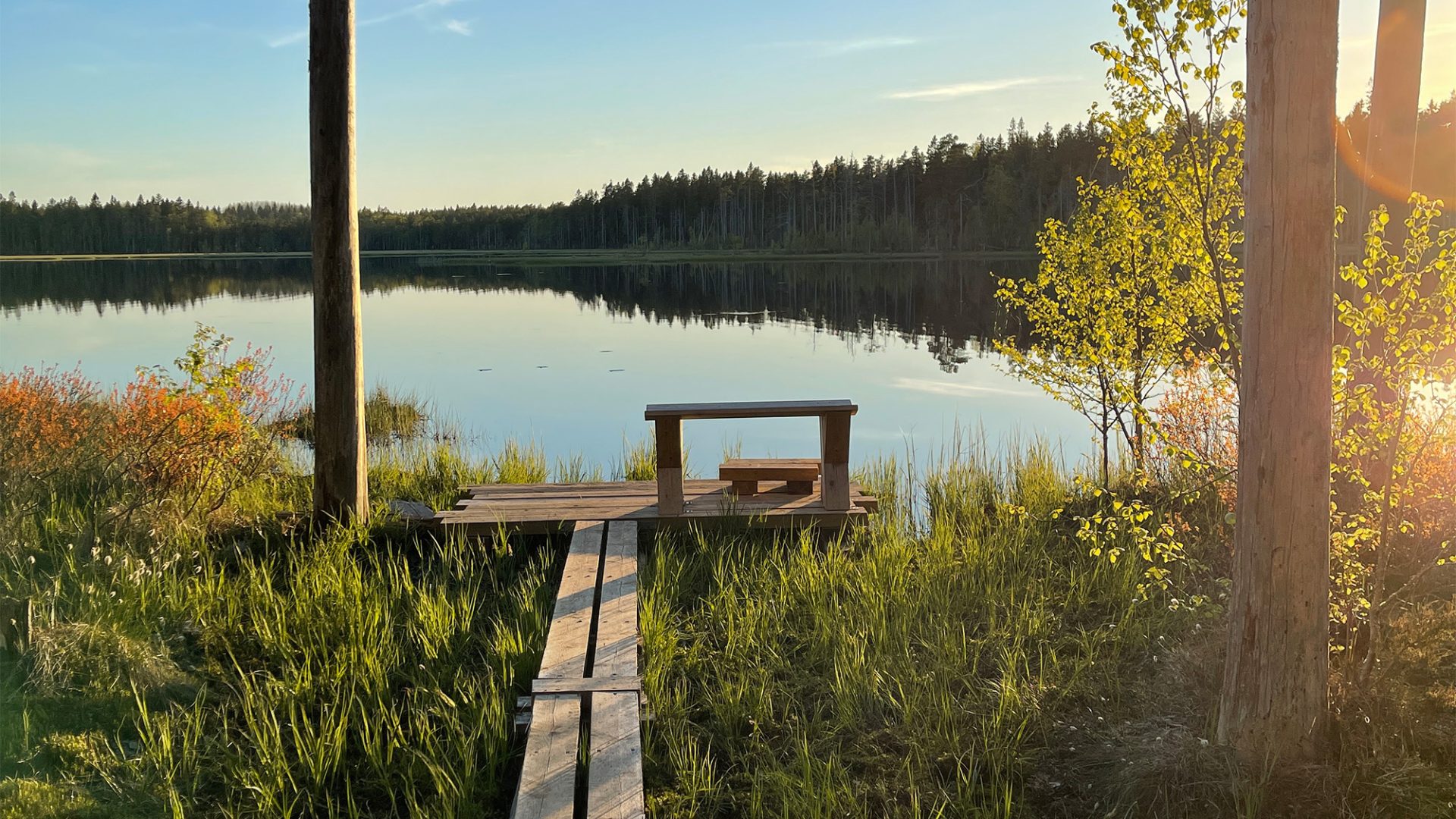Event
CERE Seminar: Maarit Kallio, NMBU, Norway.
Wednesday 04 Feb, 2026
13:15 - 14:15
Kronan, SLU
CERE Seminar: Grischa Perino, Hamburg University
Wednesday 18 Feb, 2026
13:15 - 14:15
SAM.A.317, UmU
News
-
Using incentive payments to promote human–carnivore coexistence
For many large carnivores, minimizing the economic burden they impose on local communities is crucial for their conservation. Incentive-based programs -
Effects of the Invasive Round Goby on Swedish Recreational Fishing Values
The round goby, an invasive fish originally from the Black Sea and the Caspian Sea, has spread to Swedish waters -
Electric Vehicle Adoption Challenges the Power System – Smarter Policies Needed to Protect the Grid
CERE researcher reveal how electric vehicle adoption reshapes household electricity use – and why smarter incentives are needed to protect
New CERE paper out now!![]()
![]() See www.cere.se/new-paper-on-the-effects-of-energy-price-shocks-on-the-industrial-firm/
See www.cere.se/new-paper-on-the-effects-of-energy-price-shocks-on-the-industrial-firm/

